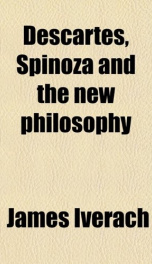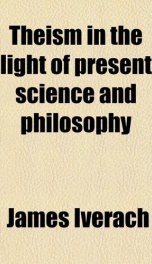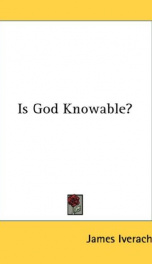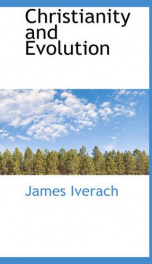descartes spinoza and the new philosophy

Purchase of this book includes free trial access to www.million-books.com where you can read more than a million books for free. This is an OCR edition with typos. Excerpt from book: CHAPTER II Discontent of Descartes with the Knowledge of his TimeHis Account of that KnowledgeHis Four Rules for Guidance The Method of MathematicsAnalysis and Synthesis Specimen of SynthesisExtension of Mathematical Method The Question of Descartes and the Question of Kant Nature and Limits of Human KnowledgeThe Data of IntelligenceThe Two MethodsThe Search for CertaintyCogito, ergo sum Clear and distinct Knowledge Questions raised by the Cartesian Philosophy, and the Answers to them. The reason of the discontent of Descartes with the knowledge of his time was that he was persuaded that it was not grounded in principles, was not proven by a right method, that, in short, its foundations were insecure and its conclusions unwarranted. Only in the field of mathematics could he find reasoned truth, grounded on sure principles, and carried to its conclusions by inevitable inference. The knowledge of his time was defective, and carried with it no certainty. It had been gathered from all kinds of sources, huddled together with no method; it was guaranteed only by authority. What we learn by authority is not philosophical, it is only historical knowledge. " From my childhood I gave my mind to the study of letters, since I heard from my teachers that by their help a clear and certain knowledge of all those things usefulfor life could be acquired. I burned with an incredible desire to learn. But as soon as I had finished the complete course of study, at the close of which it is the custom to reckon one among the learned, I began to think otherwise. For I found myself involved in so many doubts and errors that all attempts at learning, I judged, profited me nothing save to convince me more and more of my own ignorance. Yet I had studied in one of the most celebrated sch...
Info about the book
Author:
Series:
Unknown
ASIN:
B006ZOP1FO
Rating:
5/5 (2)Your rating:
0/5
Languge:
English
Users who have this book
Users who want this book
What readers are saying
What do you think? Write your own comment on this book!
write a commentif you like descartes spinoza and the new philosophy try:
Other books by this author
Do you want to read a book that interests you? It’s EASY!
Create an account and send a request for reading to other users on the Webpage of the book!





